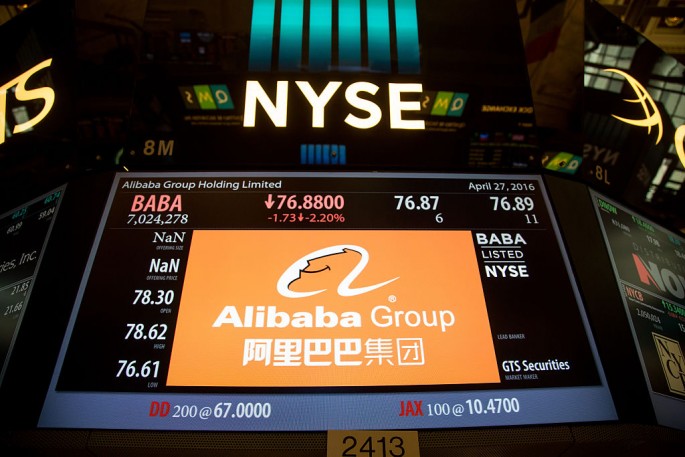E-commerce giant Alibaba and tech titan Baidu are caught in a word war after the latter questioned the user figures released by the Jack Ma-led company.
At a cloud-computing conference, Yu Yongfu, head of AutoNavi and Alibaba's mobile business segment, revealed that AutoNavi Holdings defeated Baidu in mobile app users. NASDAQ-listed AutoNavi was acquired by Alibaba in 2014.
The pronouncement prompted Baidu to launch a counter attack, posting on its social media account an illustration of a man tagged "AutoNavi," which is seen blowing air into a balloon with the words "false data," reported The Wall Street Journal.
AutoNavi then punched back, implying that Baidu has been "copying" its ideas.
"It seems that little Baidu Map does not understand how AutoNavi became number one. That's because Baidu Map has always being copying and AutoNavi has always being surpassing," AutoNavi posted on its Weibo account. Baidu, in return, released data of mobile app downloads to back up its claim of being number one.
The issue's crucial point lies in the number of users, where both companies cited different sources and metrics. AutoNavi got its numbers from iResearch, which measured the number of daily users. Based on its post, AutoNavi is the top mobile app map provider, with more than 29 million daily active users, beating Baidu by 1.75 million daily subscribers.
On the other hand, Baidu based its figures on monthly active users, saying that its numbers outstripped that of AutoNavi by 50 percent.
"Baidu Map said September figures from major telecom carrier China Unicom show its monthly active users surpassed AutoNavi by around 50 percent--99 million for Baidu compared with 56 million for AutoNavi," reported the WSJ.
Analysts weighed in on the issue, saying that daily figures represent growth or engagement while monthly numbers indicate profitability.
Liu Dingding, an idependent industry analyst, said that the center of the rivalry between the two Chinese companies is not mobile mapping but the consumer market's potential.
"The mapping services of these two Internet giants are linked to a wide range of sectors including restaurants, supermarkets and entertainment, which is crucial for producing promising online-to-offline (O2O) services. This is the focus of their competition," Liu told the Global Times on Monday.



























